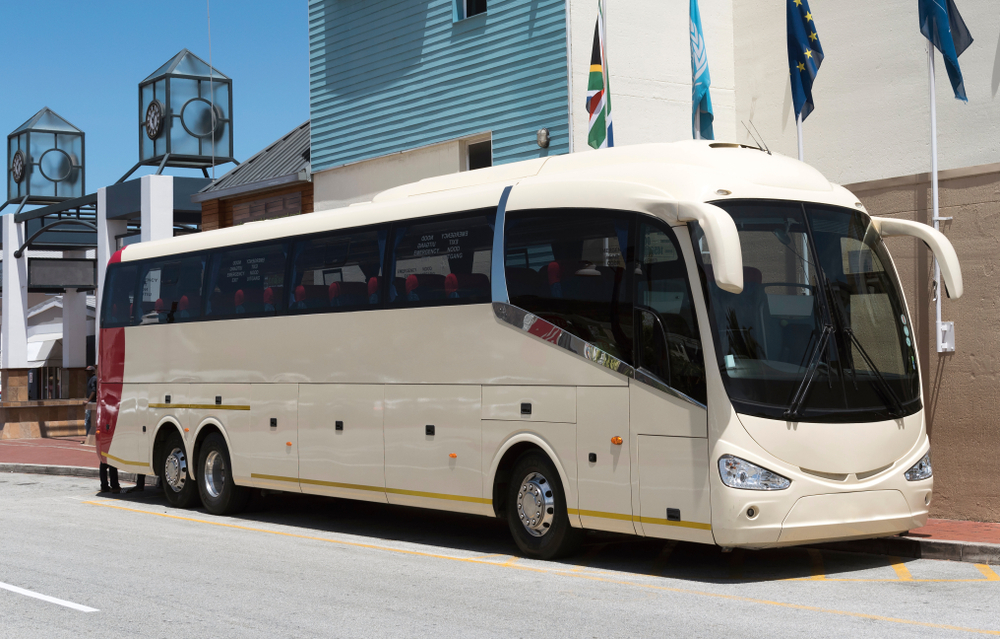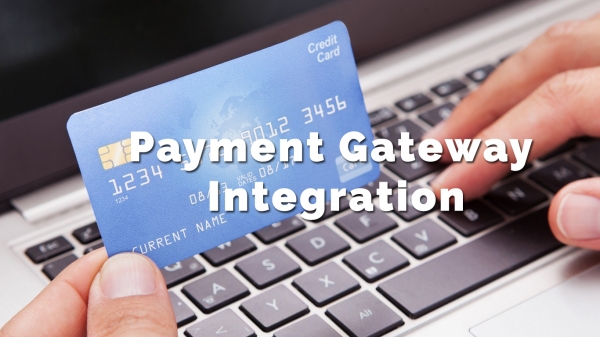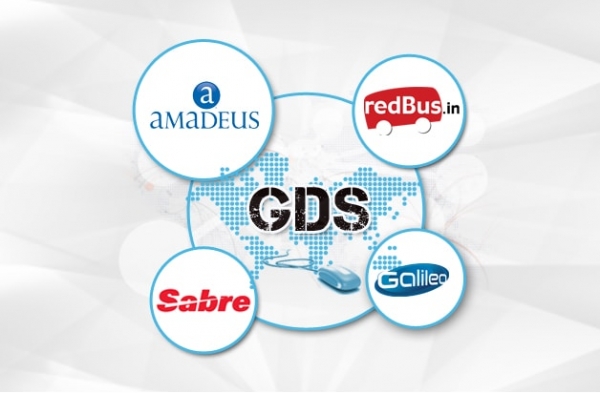
Bus Booking White Label Website
A
white label website for a bus service typically refers to a website that can be
customized and rebranded by different bus operators or travel companies to sell
bus tickets, promote their services, and manage bookings without having to
build a website from scratch. White label solutions are often provided by
third-party companies or software providers who specialize in developing and
maintaining booking platforms for the transportation industry. Here's an
overview of what a bus white label website might include:
1.
Booking System: The core feature of a bus white label website is a
booking system that allows customers to search for bus routes, check availability,
select seats, and make reservations. Users should be able to input their travel
details, such as departure and destination locations, date and time, and the
number of passengers.
2.
Seat Maps: Visual representations of the bus layout with seat
availability information are essential for customers to choose their preferred
seats during the booking process.
3.
Pricing and Payment: The website should display ticket prices, including
any discounts or promotions. Secure payment processing should be integrated to
facilitate online transactions. Common payment methods like credit/debit cards,
PayPal, and other digital wallets are typically supported.
4.
User Accounts: Allow users to create accounts/profiles to store their
booking history, personal information, and payment details for future bookings.
This also helps in providing a more personalized experience.
5.
Real-time Updates: Provide real-time information about bus schedules,
delays, and cancellations. Integration with GPS systems or tracking software
can be helpful to provide accurate updates.
6.
Reviews and Ratings: Allow customers to leave reviews and ratings for
bus routes and services. This can help build trust and guide other travelers.
7.
Customer Support: Offer multiple channels for customer support, such as
live chat, email, or phone support, to assist with inquiries, issues, or
emergencies.
8.
Admin Dashboard: An administrative dashboard is necessary for bus
operators to manage their services, update schedules, track bookings, and
monitor revenue. This part of the platform should be secure and accessible only
to authorized personnel.
9.
Branding and Customization: White label solutions should allow bus
operators to customize the website with their branding elements, such as logo,
color scheme, and company information.
10.
Responsive Design: Ensure that the website is mobile-responsive to
accommodate users accessing the platform from various devices, including
smartphones and tablets.
11.
Integration: Integration with other travel-related services, such as
hotel bookings, car rentals, or tour packages, can enhance the user experience
and generate additional revenue.
12.
Marketing Tools: Provide tools for marketing and promotions, such as the
ability to offer discounts, promo codes, and loyalty programs.
It's important for bus operators
or travel companies to carefully choose a white label solution that aligns with
their specific needs and budget. Additionally, the platform should comply with
industry regulations and data security standards to protect customer
information and ensure trust.






















